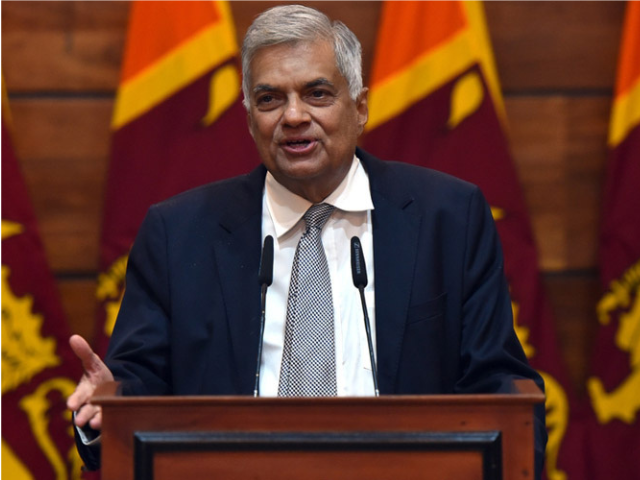Sri Lanka will vote for its next president on Saturday, turning the election into a de facto referendum on the International Monetary Fund (IMF) austerity measures implemented following the country’s severe financial crisis.
Incumbent President Ranil Wickremesinghe, 75, is seeking a new mandate, claiming credit for stabilizing the economy and ending the severe shortages of food, fuel, and medicine that plagued the nation. He has also restored order following the civil unrest of 2022, during which protesters stormed the compound of his predecessor, who then fled the country.
In his final campaign remarks, Wickremesinghe urged voters to choose between returning to the period of crisis or continuing with progress. “Think of the time when all hope was lost… we didn’t have food, gas, medicine, or any hopes,” he said. “Now you have a choice. Decide if you want to go back to the period of terror, or progress.”
Despite his claims of recovery, Wickremesinghe’s tax hikes and other austerity measures, required by a $2.9-billion IMF bailout, have left many Sri Lankans struggling. Experts caution that Sri Lanka’s economy remains fragile, with foreign debt payments still on hold since the government defaulted in 2022.
Wickremesinghe has vowed to continue with austerity if re-elected, warning that deviation from the IMF’s terms could lead to further problems. The International Crisis Group noted that the election will serve as a referendum on Wickremesinghe’s handling of the economic crisis and the subsequent recovery. The group added that many citizens are enduring significant hardship due to cost-cutting measures perceived as unjust.
Wickremesinghe faces strong competition from two notable challengers. Anura Kumara Dissanayaka, leader of a once-marginal Marxist party with a violent past, has gained traction with a promise to reform the “corrupt” political system. Analysts suggest he might capitalize on public dissatisfaction with corruption and economic mismanagement.
Another strong contender, Sajith Premadasa, former ally and deputy of Wickremesinghe, is campaigning on a platform to negotiate better terms with the IMF. Premadasa, who renounced Wickremesinghe in 2020, has vowed to revise the perceived unfair tax code and address the soaring poverty rate, which has doubled to 25% between 2021 and 2022.
The IMF reports some progress, with inflation decreasing from a peak of 70% to below 5%, and growth slowly resuming. However, the IMF’s Julie Kozack emphasized that while progress has been made, the country is not yet out of the woods and must protect the gains achieved.



